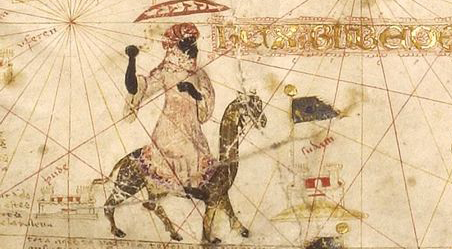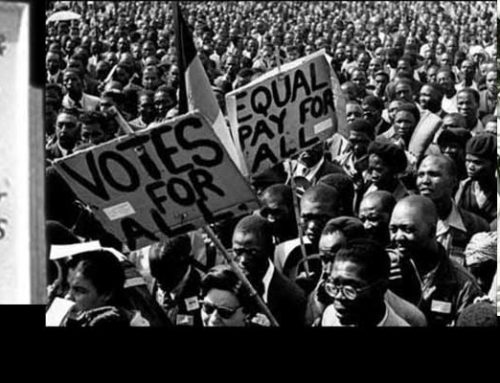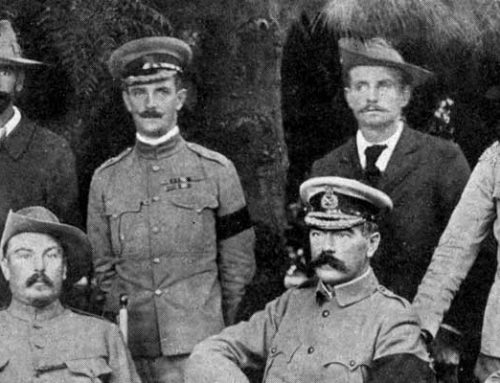An ancient African kingdom we call Ghana existed in West Africa between the Niger and the Gambia Rivers from about 300CE to about 1100. The rivers were essential because Ghana’s economy was based on trade. Before the modern age, rivers were the fastest way to carry goods. Ghana became wealthy by collecting taxes from traders who passed through the kingdom. The people called their nation Wagadu; we know it as Ghana because that was the name of their war chief.
Ghana managed the gold trade despite having few natural resources of its own. The gold and salt mines all lay beyond the empire’s borders, but Ghana’s true power was based on the superior skill of its people in working with iron. Ghanaian warriors used iron-tipped spears to subdue the neighbors, who fought with less efficient stone, bone, and wood weapons.

Iron_worker

Abu Bakr ibn Umar was the 11th leader of the Almoravids who is believed to have brought Islam to ancient Ghana.
Muslim warriors known as Almoravids weakened Ghana when they called for jihad. (“struggle” or “holy war” in Arabic). The Ghanaian people had kept their traditional beliefs and refused to accept Islam. The Almoravids successfully weakened Ghana, though the empire continued for over a century. As Ghana grew weaker, warlords throughout the formerly mighty kingdom destroyed many vital trade routes through West Africa.
Resources
Download this lesson as a Microsoft Word file or as an Adobe Acrobat file.
Mr. Donn has an excellent website that includes a section on African History.
People South of the Sahara Desert had little contact with the rest of the world.
- The Sahara Desert is hot and dry and almost impossible to cross without modern transportation.
- The few rivers that flow from sub-Saharan Africa contain many high waterfalls that make travel difficult.
- The sub-Saharan Africans and the people north of the desert feared venturing into the ocean.
- The tsetse flies along the edge of the Sahara Desert carry deadly diseases.




